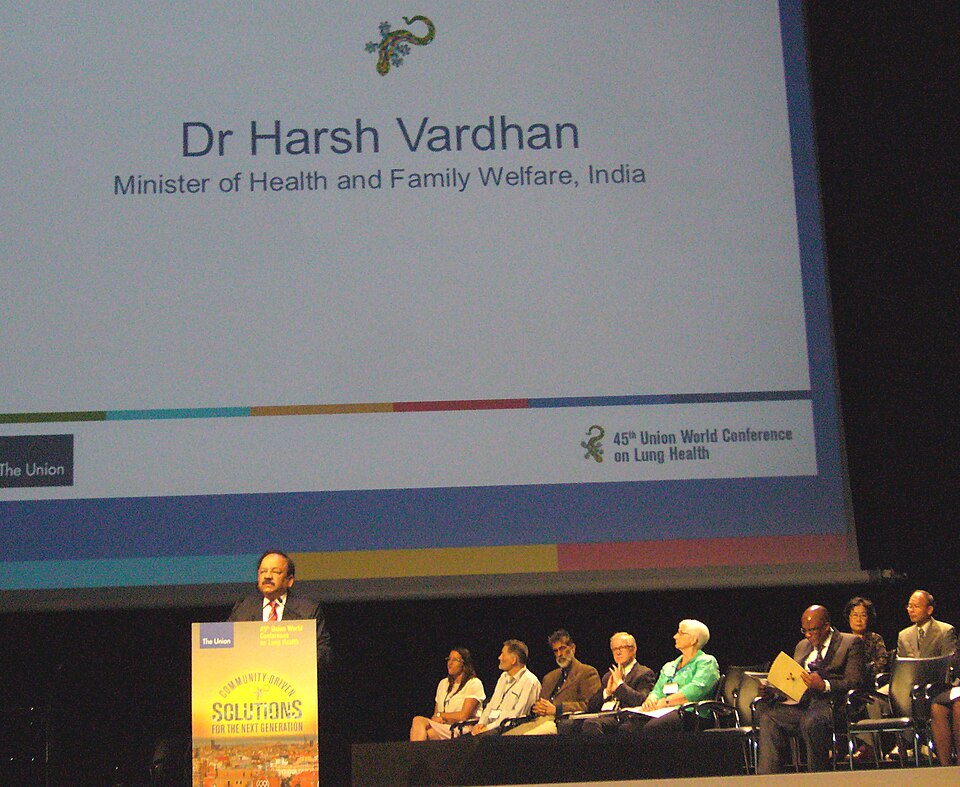Wellcome Photography Prize Highlights Climate Change's Health Impact

The Wellcome Photography Prize has unveiled its shortlist of 25 striking photographs that capture pressing global issues, prominently featuring the intersection of climate change and health. This year's shortlist, revealed on June 21, 2025, reflects the urgent themes of environmental degradation, health implications, and human resilience in the face of climate challenges. The exhibition will be open to the public from July 17 to October 18, 2025, at the Francis Crick Institute in London, prior to the announcement of the winners on July 16.
According to Elizabeth Wathuti, a prominent Kenyan climate activist and judge for this year's competition, "A picture is worth 1,000 words, and that means they can really change perceptions of different things in society." This sentiment underscores the power of visual storytelling to convey complex narratives about our environment and health.
Among the compelling photographs, notable entries include:
1. **Toxic Lake in Transylvania**: Captured by Alexandru Radu Poposecu, this aerial photograph depicts the environmental disaster of Geamăna, Romania. Following the evacuation of the village by Nicolae Ceaușescu in 1977 to create a toxic waste lake, the area has become emblematic of the long-term impacts of industrial waste on local communities. According to the Romanian National Agency for Environmental Protection, the lake continues to grow, threatening local groundwater quality.
2. **Water Crisis in West Bengal**: Sandipani Chattopadhyay's image of a barren riverbed highlights the devastating effects of climate change on water availability in Purulia, India. The irregular monsoon seasons have led to severe water shortages, as reported by the Indian Meteorological Department. This stark visual illustrates the struggle for clean drinking water among local residents, emphasizing the human cost of changing climate patterns.
3. **Urban Picnic in Dhaka**: Mithail Afrige Chowdhury's photograph presents a poignant scene of a family recreating a picnic on their rooftop, symbolizing the loss of green spaces due to rapid urbanization in Bangladesh. As climate-related migration increases, nearly half of Dhaka's population now consists of climate migrants, according to the International Organization for Migration.
4. **Microplastics in Mammalian Tissue**: The groundbreaking image by P. Stephen Patrick and Olumide Ogunlade reveals microplastics captured in the tissue of a live mouse. This innovative photoacoustic imaging technique, developed at Imperial College London, highlights the growing health concerns associated with microplastic accumulation in living organisms. The study, published in the *Journal of Biomedical Imaging* (2024), indicates a critical need for further research on the implications of microplastics on human health.
5. **Air Pollution in London**: Marina Vitaglione's photograph explores the hidden dangers of air pollution, visualizing fine-particle pollutants collected from Brixton Road, South London. Fine particulate matter is linked to severe health consequences, including respiratory diseases and cognitive decline, as noted by the World Health Organization, which attributes approximately 7 million global deaths annually to air pollution.
6. **Underwater Greenhouse**: Giacomo d'Orlando's series on Nemo's Garden, the world’s first underwater greenhouse, demonstrates innovative agricultural solutions in response to climate challenges. The project aims to enhance food security in coastal regions, showcasing the dual focus on sustainability and resilience in food production amidst changing environmental conditions.
7. **Melting Glaciers in Peru**: Ciril Jazbec’s series documents the impact of climate change on tropical glaciers in Peru, emphasizing the threat to local water supplies. His work illustrates how indigenous knowledge can be leveraged alongside scientific research to address environmental challenges, a theme echoed by Daniella Zalcman, a judge for the prize.
As the world grapples with the multifaceted challenges posed by climate change, the Wellcome Photography Prize serves as a crucial reminder of the interconnectedness of environmental health and human wellbeing. The photographs not only tell stories of loss and adversity but also highlight the resilience and creativity of individuals and communities facing these challenges. The upcoming exhibition aims to raise awareness and provoke conversation about the pressing need for action against climate change and its health impacts, fostering a deeper understanding of our collective responsibility towards the planet.
The Wellcome Trust, established in 1936, continues to support health research and advocacy, emphasizing the importance of integrating artistic expression with scientific inquiry to address global health issues. By showcasing these powerful images, the organization aims to inspire public engagement and action in the face of ongoing environmental crises.
Advertisement
Tags
Advertisement





